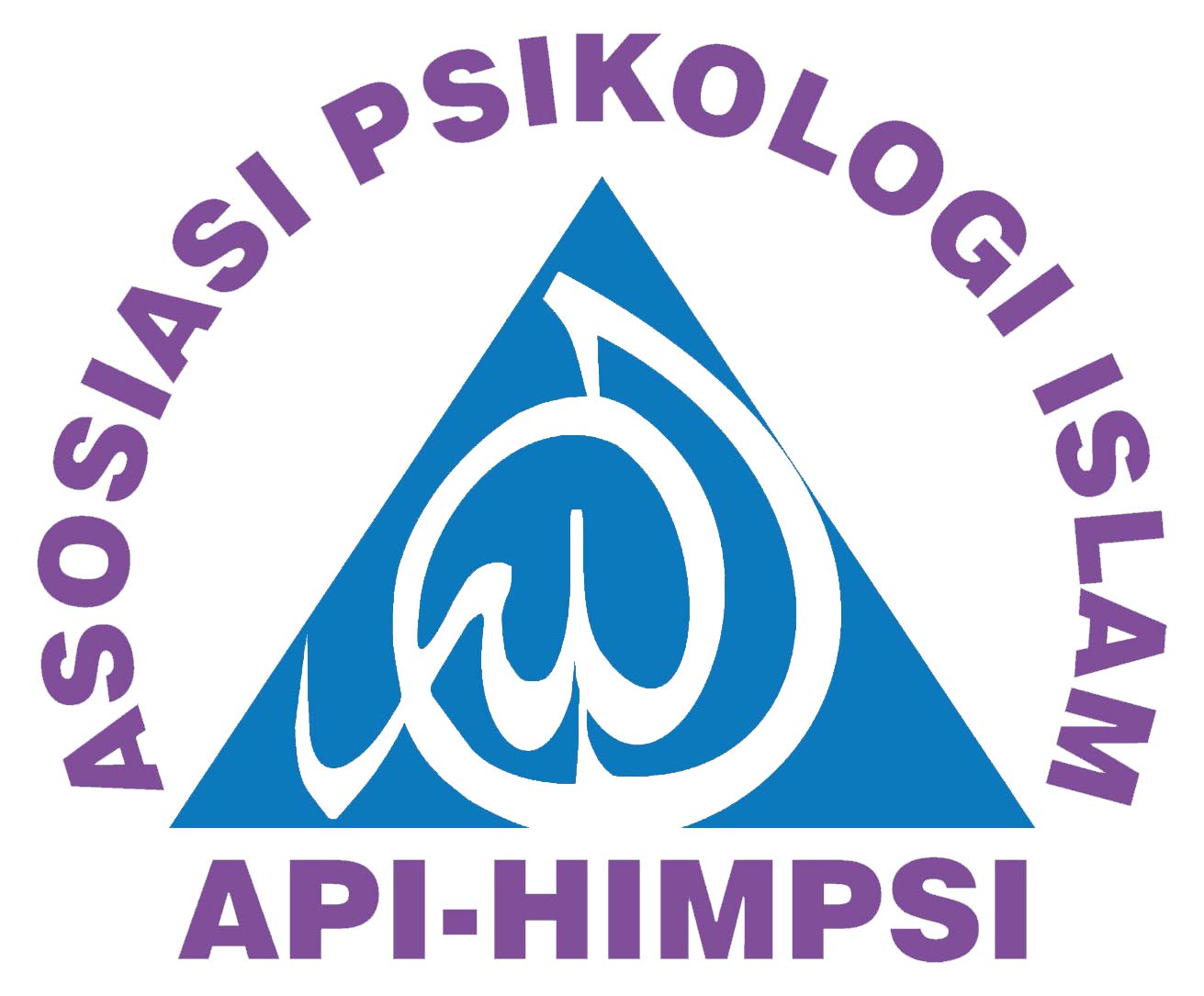Hubungan Kualitas Puasa dan Kebahagiaan Santri Pondok Pesantren Al-Ihsan
DOI:
https://doi.org/10.15575/jpib.v1i1.2071Keywords:
Fasting, Happiness, SantriAbstract
References
Abadi, Farid, Bahari & Chami (2012). The Effect Of Islamic Fasting In Quran On Spiritual Intelligence And Happiness Of Fasting Persons. Journal The Ministry Of Quran And Sains Centre. Quran Med.2012;1(3): 66-70. Doi: 10.5812/Quranmed.8030.
Abdara & Leila. (2016). Analyzing The Effects Of The Ramadan On The Mental And Social Aspects Of Kerman’s University Of Medical Sciences’ Personnel. Journal Of Europe-Revue Litteraire Mensuelle, Issn: 0014-2751 (2016) 578–582.
Al-Ghazali. (2011). Ihya Ulumuddin Jilid 2. Jakarta: Republika.
Amin, Kumar, Mishra Reddy, Sriams & Mukkadan. (2016). Effects Of Fasting During Ramadan Month On Depression, Anxiety And Stress And Cognition. International Journal Of Medical Research And Review May, 2016/ Vol 4/Issue 5. Issn- 2321-127x
Ardiansyah, A. (2014). Hubungan Antara Dukungan Sosial Teman Sebaya dengan Kebahagiaan pada Mahasiswa (Skripsi). Riau: Fakultas Psikologi Universitas Islam Negeri Sultan Syarif Kasim Pekanbaru
Argyle, M. (2009). Psychology of Happiness 2nd Edition. New York: Routledge
Arikunto, S. (2005). Manajemen Penelitian. Jakarta: Rineka Cipta
Baround, K.A. (2006). Relations Among Religiosity, Health, Happiness, And Anxiety For Kuwaiti Adolescents. Journal Of Psychologicalr Eports, 2006, Doi: 10.2466.99,717-722.
Chui, W.H. & Wong, M. (2015). Gender Differences In Happiness And Life Satisfaction Among Adolescents In Hong Kong: Relationship And Self – Concept.Springer Soc Indic Res. DOI.10.1007/s
Compton, C.C. & Hoffman, E. (2013). Positive Psychology; The Sience Of Happiness And Flourishing. Canada : Cengage Learning. Chui /s10943-013-9724-z
Hills, P & Argyle, M. (2002). The Oxford Happiness Questionnaire: A Compact Scale For The Measurement Of Psychological Well-Being. Personality And Individual Differences 33 (2002) 1073–1082. PII: S0191-8869(01)00213-6.
Hvidtjorn, D. Hjelmborg, J. Skytthe, A. Christensen, K. & Hvid, N.C. (2013). Religiousness And Religious Coping In A Secular Society: The Gender Perspective. Epidemiology Unit, Institute Of Public Health, University Of Southern Denmark, Odense, Denmark. J Relig Health. DOI 10.1007/s10943-013-9724-z
Joshanloo, M. (2012). A Comparison Of Western And Islamic Conception Of Happiness. J Happiness Stud. 14:1857-1874. DOI 10.1007/s10902-012-9406-7
Julianto & Muhopilah (2015). Hubungan Puasa Dan Tingkat Regulasi Kemarahan. Jurnal Psympathic. Juni 2015 Vol, 2, No.1. ISNN. 2356-3591
Megarani, (2010). Strategi Pemberdayaan Santri Di Pondok Pesanten Hidayatullah Donoharjo Ngaglik Sleman Yogyakarta. Skripsi. Yogyakarta: Fakultas Dakwah UIN Kalijaga Yogyakarta.
Mousavi, Seifi, Baghni & Dolat (2015), The Effect Of Fasting On The Level Of Happiness General Population Of Kermanshan, Iran. Journal Of Fasting And Health 2015;3(1);(29-54).
Qardawi, Y. (2010). Fiqih Puasa. Surakarta: Era Intermedia.
Rosita, C.H. (2009). Puasa Dan Pengendalian Diri Perspektif Kesehatan Mental (Skripsi). Jogjakarta: Universitas Islam Negeri Sunan Kalijaga.
Seligman, M.E.P. (2005). Authentic Happiness (Alih Bahasa Oleh Eva Yulia Nukman) . Bandung: Mizan.
Somantri, A. (2011). Aplikasi Statistika Dalam Penelitian. Jakarta: Pustaka Setia
Subandi, M.A. (2009). Psikologi Dzikir. Jogja: Pustaka Belajar.
Utami, Ms. (2009). Keterlibatan Salam Kegatan Dan Kesejahteraan Subjektif Mahasiswa. Jurnal Psikologi Universitas Gadjah Mada. Volume 36, No. 2, Desember 2009: 144-163. DOI: https://doi.org/10.22146/jpsi.7892
Downloads
Published
Issue
Section
Citation Check
License
Authors who publish with this journal agree to the following terms:
- Authors retain copyright and grant the journal right of first publication with the work simultaneously licensed under a Creative Commons Attribution License that allows others to share the work with an acknowledgment of the work's authorship and initial publication in this journal.
- Authors are able to enter into separate, additional contractual arrangements for the non-exclusive distribution of the journal's published version of the work (e.g., post it to an institutional repository or publish it in a book), with an acknowledgment of its initial publication in this journal.
- Authors are permitted and encouraged to post their work online (e.g., in institutional repositories or on their website) prior to and during the submission process, as it can lead to productive exchanges, as well as earlier and greater citation of published work (See The Effect of Open Access).






